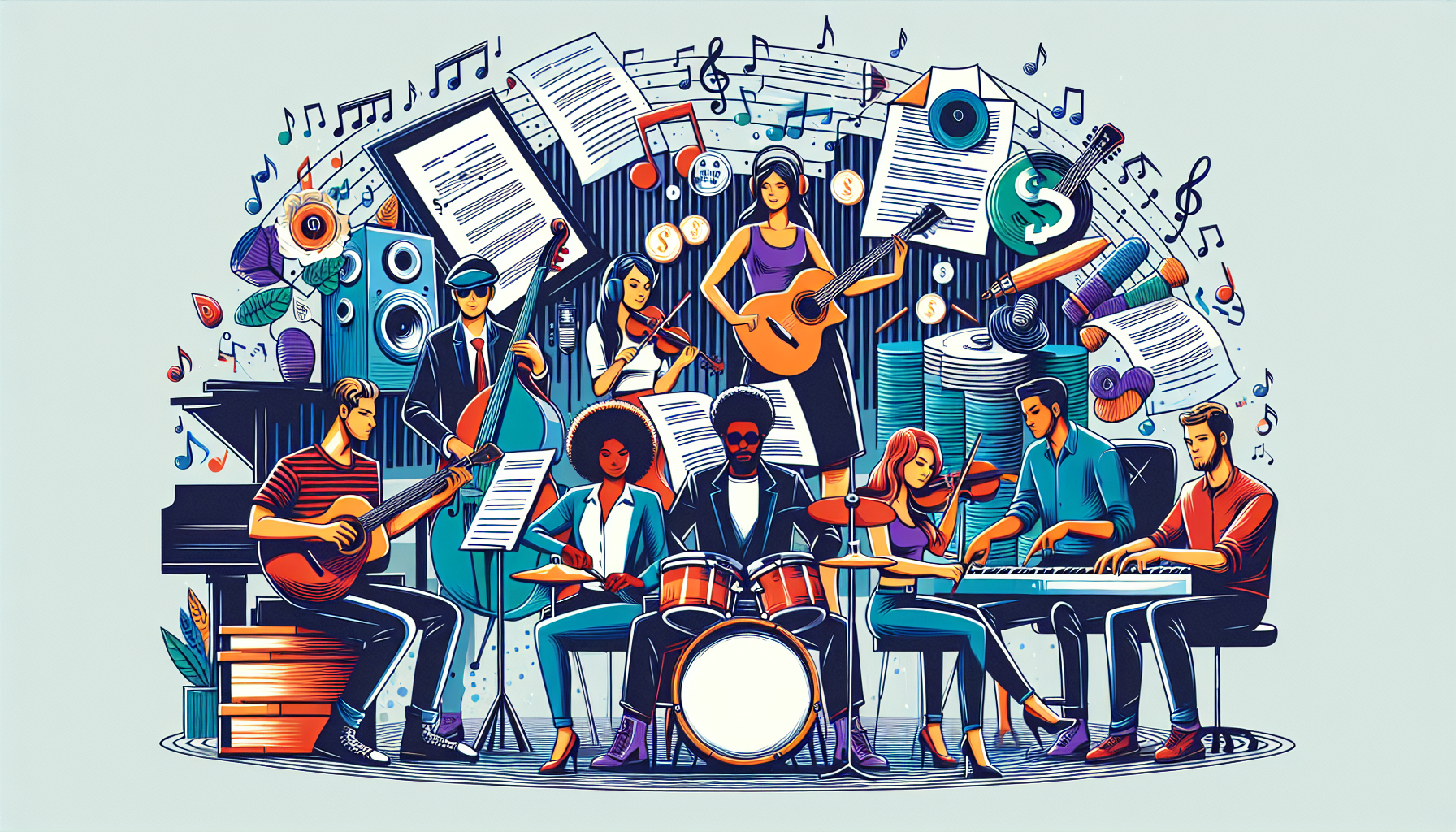Music publishing rights are an essential aspect of the music industry, governing the ownership and distribution of musical compositions. These rights are crucial for ensuring that songwriters, composers, and music publishers are appropriately compensated for their creative work. To truly understand music publishing rights, it is important to delve into the various components that make up this complex system.
What are Music Publishing Rights?
Music publishing rights refer to the ownership of the musical composition itself, which includes the underlying musical notes and lyrics of a song. These rights are separate from the rights to a sound recording, which are typically held by the recording artist or record label. When a song is composed, the songwriter automatically gains copyright over the musical composition, and these rights are then administered by music publishers.
Types of Music Publishing Rights
There are two primary types of music publishing rights: mechanical rights and performance rights. Mechanical rights pertain to the reproduction and distribution of a musical composition, such as in the form of CDs, digital downloads, or streaming services. On the other hand, performance rights involve the public performance of a song, whether it be on the radio, in a live concert, or through online platforms. These rights are typically licensed by performance rights organizations (PROs) like ASCAP, BMI, and SESAC, who collect royalties on behalf of songwriters and music publishers.
The Role of Music Publishers
Music publishers play a vital role in managing and monetizing music publishing rights on behalf of songwriters and composers. They are responsible for pitching songs to recording artists, securing licensing deals for the use of music in films and TV shows, and collecting royalties from various sources. Additionally, music publishers often provide creative support to songwriters, helping them refine their compositions and navigate the competitive music industry.
It is worth noting that music publishers typically retain a percentage of the royalties generated by a song in exchange for their services. This arrangement allows songwriters to focus on their craft while ensuring that their music is properly promoted and protected.
The Importance of Understanding Music Publishing Rights
For anyone involved in the creation or distribution of music, understanding music publishing rights is essential for protecting intellectual property and maximizing revenue streams. By knowing who owns the rights to a song, how royalties are generated, and how licensing deals work, music creators can ensure that they are fairly compensated for their work. Moreover, understanding music publishing rights empowers artists to make informed decisions about their careers and collaborations within the music industry.
In conclusion, music publishing rights are a foundational aspect of the music industry that impacts how music is created, shared, and monetized. By gaining a comprehensive understanding of these rights, artists and music professionals can navigate the complex world of music publishing with confidence and clarity.
Sync Music and Indie Publishing Real X News


